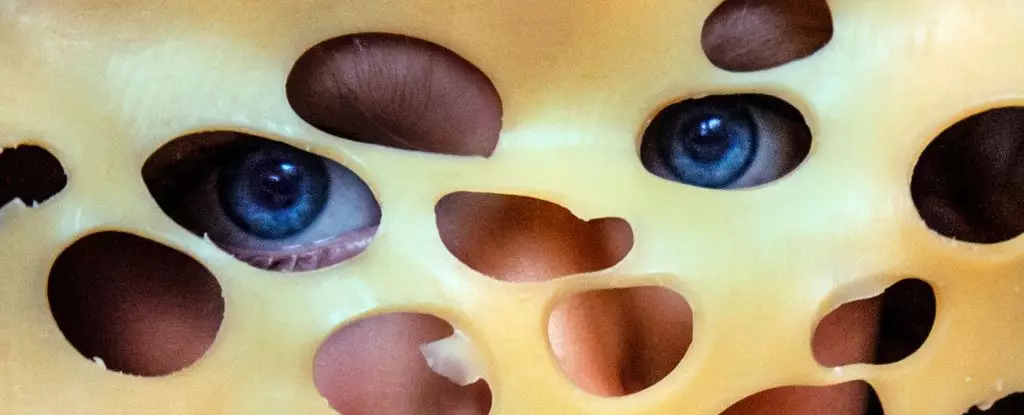In a society increasingly obsessed with wellness, many of us cling to the belief that what we eat after sunset is harmless—perhaps even comforting. Yet beneath this veneer of innocence lurks a potentially destructive influence on our most vulnerable hours: our dreams and sleep quality. The romanticized notion of late-night indulgence being a harmless guilty pleasure is fundamentally flawed. Emerging research suggests that certain foods, especially dairy and sugary treats, may be silently sabotaging restful sleep and fueling nightmares. This revelation is not merely a trivial coincidence but a wake-up call that our dietary habits are intricately tied to our mental and physical health during sleep.
The Scientific Link Between Food and Dream Disturbances
Contrary to popular belief, the connection between what we eat before bed and the quality of our dreams is gaining empirical support. A recent study involving over a thousand psychology students demonstrated that individuals who consume particular foods—especially dairy and sweets—before sleeping often report more vivid nightmares and disturbing dreams. While only a minority explicitly acknowledge this pattern, the correlation is striking, revealing that subconscious distress might be rooted in dietary choices. Notably, those with lactose intolerance or food sensitivities are especially prone to nightmarish episodes, likely due to physical discomfort disrupting sleep cycles. This insight challenges us to scrutinize the commonplace practice of indulging in cheese platters or sugary desserts late into the night.
The Body’s Signals and the Psychological Toll
The link between gastrointestinal discomfort and sleep disruption underscores a vital truth: our bodies do not separate physical health from mental states when it comes to dreaming. Gas, bloating, or stomach pain caused by food intolerances can fragment sleep, heighten wakefulness, and make vivid, and often unsettling, dreams more likely. Nightmares become not just a matter of imagination but their physical manifestations, serving as discomforting messengers urging us to reconsider our eating habits. This physical-psychological nexus reveals a broader societal issue: ignoring bodily signals in favor of instant gratification can have profound repercussions on mental health, sleep quality, and overall well-being.
Healthy Eating as a Path to Better Sleep and Tranquil Dreams
The evidence strongly hints that a shift toward healthier dietary patterns could significantly improve sleep quality and diminish nightmarish episodes. Participants who reported eating more nourishing, balanced meals and limiting food intake close to bedtime experienced more peaceful, less distressing dreams. This not only signifies a pathway to more restful sleep but also highlights that our societal obsession with convenience foods and late-night munching is detrimental not just physically but psychologically. By embracing intuitive eating, reducing processed foods, and establishing consistent mealtimes, we can restore a natural harmony to our sleep cycles and promote mental clarity.
The Responsibility of Society and the Limitations of Current Research
While these findings offer compelling insights, they are far from conclusive. The reliance on self-reported data from a narrow demographic underscores the need for broader, more rigorous research. We must challenge the simplistic narrative that only certain foods—like cheese—are responsible for nightmares. Instead, a nuanced approach considering individual differences, lifestyle, and broader cultural eating patterns is crucial. It is also imperative to move beyond observational studies and conduct controlled experiments that determine causality. The notion that cheese or sweets are singular culprits remains speculative until scientifically validated through randomized trials involving diverse populations.
Empowering Personal Choices and Societal Reflection
The implications extend beyond individual dietary choices. They call into question the pervasive marketing of comfort foods and the normalization of late-night snacking. Society must recognize that our eating habits are deeply intertwined with mental health and sleep hygiene, demanding a shift toward more responsible food production, better education on nutrition, and a cultural reevaluation of nightly indulgences. Empowering individuals to make informed choices can diminish the prevalence of sleep disruptions linked to diet and foster a more holistic approach to health that respects the unity of body and mind. The path to peaceful sleep and vibrant dreams is paved with conscious eating, and society must finally wake up to this reality.

